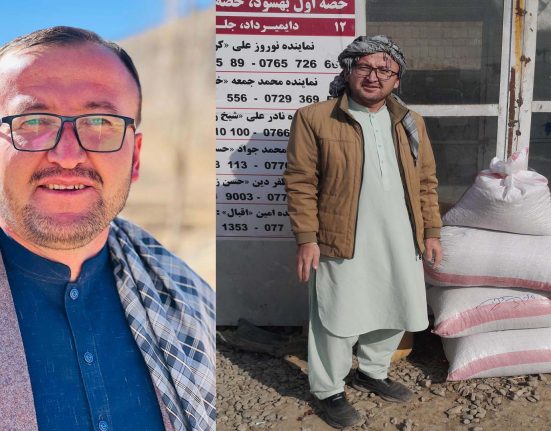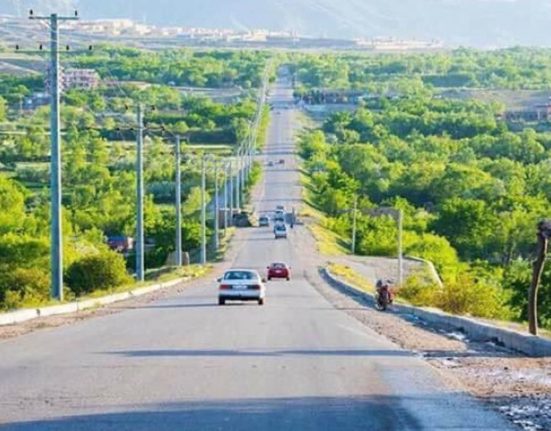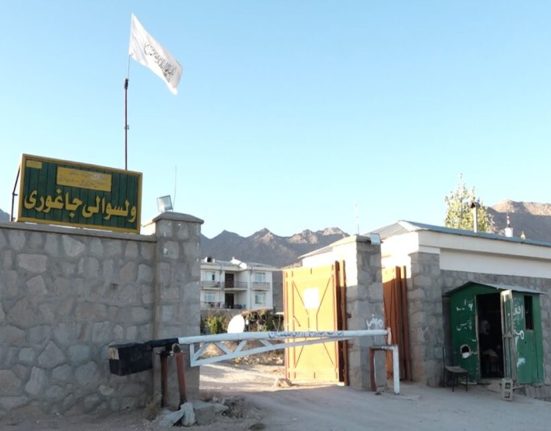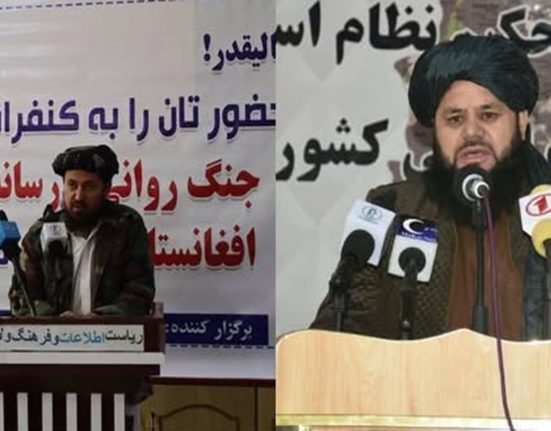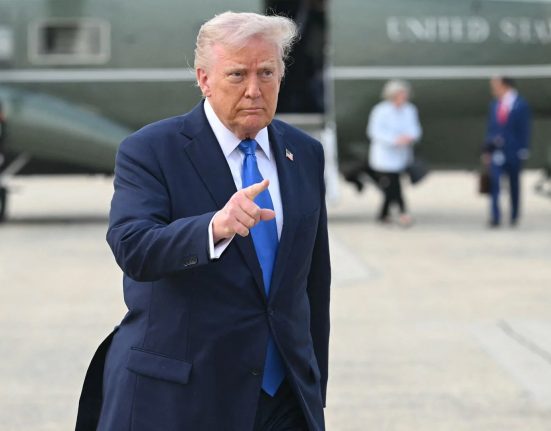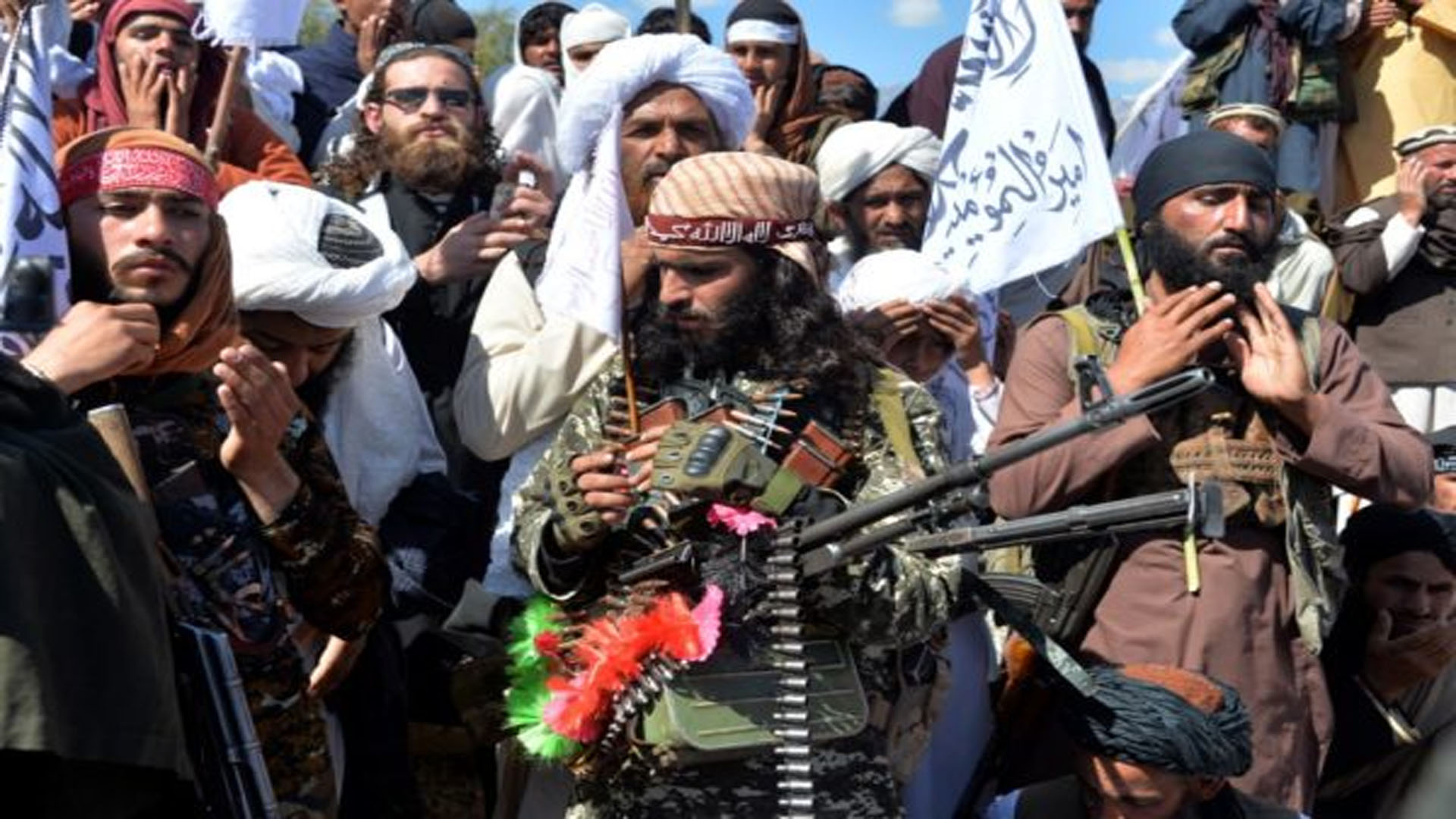
Afghanistan, a safe haven for terrorism; Taliban in the service of al-Qaeda, TTP and international extremists
In the latest investigative report of the prestigious Longwar Journal, the hidden and yet worrying face of the Taliban as the main sponsor of international terrorist groups has been exposed once again.
The report introduces the Taliban not only as incapable of fighting terrorism, but also as an active facilitator and host to groups such as al-Qaeda, Hezb-e-Islami Turkistan, Tehreek-e-Taliban Pakistan (TTP) and Jamaat Ansarullah.
According to Bill Rajeev, a senior researcher at the Foundation for Defense of Democracies in the US and editor of this journal, the Taliban have created a safe haven for terrorists after returning to power.
Reviewing reports from the UN Monitoring and Analytical Support Team, he emphasizes that al-Qaeda currently has active training camps in at least 12 provinces of Afghanistan.
In part, the report states that al-Qaeda members have safe houses in five key provinces; Places used to transfer people between Afghanistan and Iran.
This regular and organized structure, contrary to the Taliban’s claim of severing ties with jihadist groups, is a sign of deep and purposeful cooperation with international terrorism.
At the same time, the United Nations has also emphasized in its official reports the continued closeness between the Taliban and Al-Qaeda and warned that Afghanistan has become a strategic base for extremists.
The report comes after US Congressman Bill Huizinga had previously warned that Afghanistan under Taliban rule has become a center for new terrorist activities—a warning that the Taliban has called unfounded, but evidence on the ground shows otherwise.
Political and security observers say that the Taliban’s support for terrorist networks threatens not only regional security, but also global stability.
As the group continues to struggle to gain international legitimacy, its documented links to terrorism have left a dangerous image of a government that outwardly claims peace but is inwardly an open supporter of global extremism.


